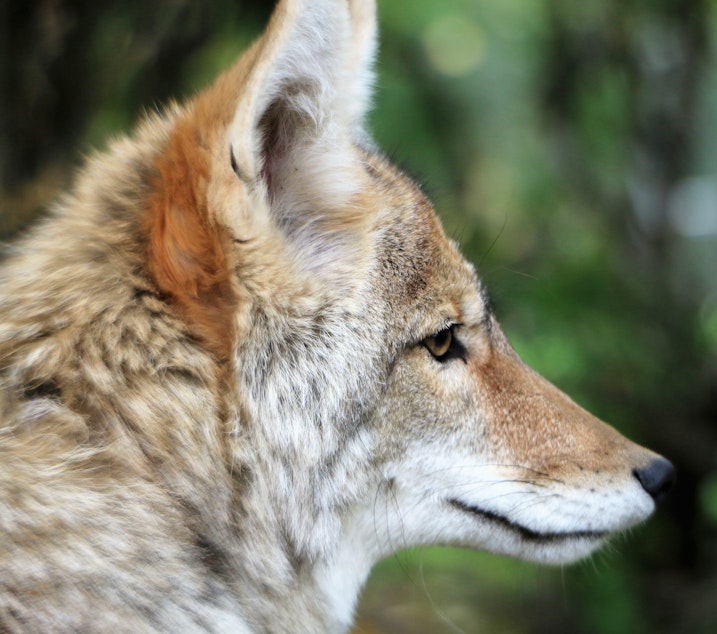Should a federal agency be killing coyotes, bears, and beavers?

Wildlife Services is a federal agency that's tasked with killing and dispersing problem animals like predators that are eating ranchers' calves, birds who pose a risk to planes at airports, or even ducks that are eating endangered salmon near dams. Ranchers and farmers call the work necessary, while conservationists see it as inhumane and short sighted.
In 2021, Wildlife Services killed more than 64,000 coyotes, 400 black bears and 24,000 beavers in the United States, which includes 614 coyotes, 32 black bears and 119 beavers in Washington State.
Ranchers and people working in agriculture call the agency's work essential.
"They will tell you that by removing coyotes, they're able to significantly decrease losses to their herds," says Colin Tiernan, a reporter for the Spokesman-Review.
Tiernan looked into the federal agency, which is housed in the U.S. Department of Agriculture.
Not all of Wildlife Services' work is lethal. The agency helps farmers install fences or other deterrents to predators.
Sponsored
The reasons Wildlife Services kills animals are numerous. Coyotes are often removed for ranchers whose lose calves or sheep to the wily predators. Bears may be killed or relocated because they are eating a berry farmers' crops. The reasons beavers are killed are extensive.
"It's a very, very long list," Tiernan said.
Beavers are removed for damming irrigation canals, cutting down trees that are set to be logged, or building dams that cause roadways to flood, among other reasons.
Of course, the practice of a federal agency killing animals is controversial, and Tiernan said that conservationists take issue with the methods and rationale for killing and relocating wild animals.
"A significant amount of Wildlife Services' work is funded by the federal government," Tiernan said. "A lot of conservationists would argue that some of this work which entails killing wildlife is not supported by the general public and therefore, they don't want their tax dollars to go towards it."
Sponsored
Tiernan said that opponents of Wildlife Services also bring up that removing predators has unintended ecosystem-wide consequences and that killing and trapping animals is inhumane.
CORRECTION: A previous version of this article incorrectly stated that, in 2021, Wildlife Services killed more than 64,000 coyotes, 400 black bears and 24,000 beavers in Washington State. Those numbers are for the entire United States. This story was updated on Monday March 27, 2023 to reflect this.





